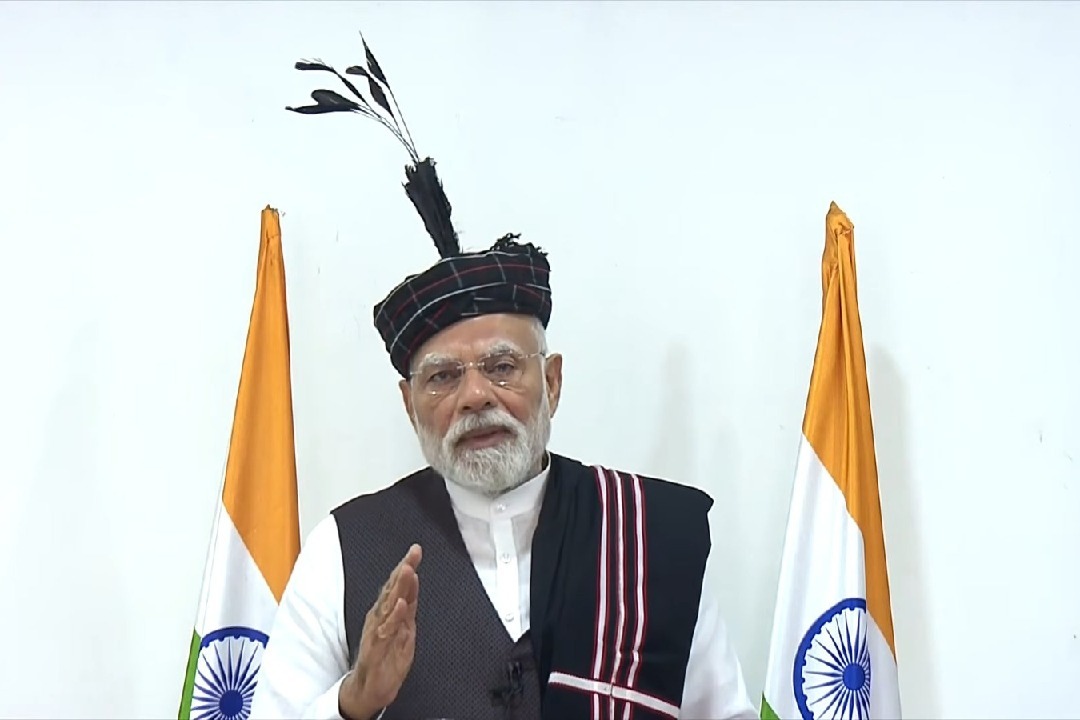
Follow WOWNEWS 24x7 on:

In a decisive move that marks the end of a decade-long journey, Hike—once India’s most promising homegrown messaging and gaming platform—has announced the complete shutdown of its operations in India. Founder and CEO Kavin Bharti Mittal confirmed the decision in a detailed post on August 21, 2025, citing regulatory uncertainty and a strategic pivot toward international markets. The announcement follows the Indian government’s enactment of the Online Gaming Bill, which bans real-money gaming (RMG) platforms nationwide.
The closure affects Hike’s gaming arm Rush, which had grown to become one of India’s top RMG platforms with over Rs 4,000 crore in gross revenue since its launch in 2020. Mittal described the move as a necessary reset, stating that continuing in India was no longer the best use of capital given the policy environment.
Key Highlights From The Shutdown Announcement
- Hike’s real-money gaming platform Rush to cease operations in India
- Decision follows the government’s ban on RMG under the Online Gaming Bill
- Rush had generated over Rs 4,000 crore in gross revenue in four years
- Mittal cites lack of regulatory clarity and timing as key reasons for exit
- Hike to focus on US, UK, Canada, Australia, Africa, and Southeast Asia
- Web3 and play-to-earn features to be scaled in global markets
Regulatory Setback And Industry Impact
The Online Gaming Bill passed earlier this year prohibits all forms of real-money gaming, including skill-based cash competitions. Mittal expressed disappointment over the abruptness of the decision, stating that years of regulatory ambiguity followed by a sudden ban had left the sector in limbo. He emphasized that clearer communication and earlier policy signals could have saved billions in investment and prevented disruption across India’s gaming ecosystem.
Mittal also acknowledged the government’s right to take a moral stance on gaming, but lamented the lack of industry consultation. The move has broader implications for startups, investors, and developers who had bet heavily on India’s emerging gaming market.
Rush’s Journey And Product Evolution
Rush was launched in 2020 as Hike’s pivot from messaging to gaming, following the shutdown of its chat service in January 2021. The platform offered 14 competitive mobile games with real-money rewards and integrated Web3 capabilities for user ownership and play-to-earn mechanics.
Rush quickly gained traction, attracting millions of users and becoming one of India’s top RMG platforms. It was built on the belief that gaming is the new entertainment, and Mittal credited the community for its growth and engagement. However, the platform’s reliance on real-money mechanics made it vulnerable to policy shifts.
Global Strategy And Future Outlook
With India off the table, Hike will now go all-in on international markets. Mittal confirmed that early product metrics in the US and other regions were already outperforming India. The company plans to expand operations in the United States, United Kingdom, Canada, Australia, Africa, and Southeast Asia.
The global pivot will focus on regulatory clarity, Web3 integration, and scalable monetization. Mittal cited the passage of the Genius Act for stablecoins and the upcoming Clarity Act for tokens in the US as signs of a more supportive environment for Web3 gaming.
Hike also plans to invest in decentralized ownership models and community-driven game economies, positioning itself as a next-generation entertainment platform.
Legacy Of Hike And Lessons Learned
Hike began in 2012 as a messaging app designed to compete with WhatsApp. At its peak, it had over 100 million users and was valued at over $1 billion, making it one of India’s earliest unicorns. Despite its innovative features and loyal user base, the platform struggled to build a sustainable business model in a market dominated by global incumbents.
Mittal reflected on the journey, noting that network effects and timing played a critical role. He acknowledged that while Hike was good at building products, winning in India’s messaging space required conditions similar to China’s digital firewall—something India never adopted.
Sources: NewsBytes, Zee Business, Storyboard18




